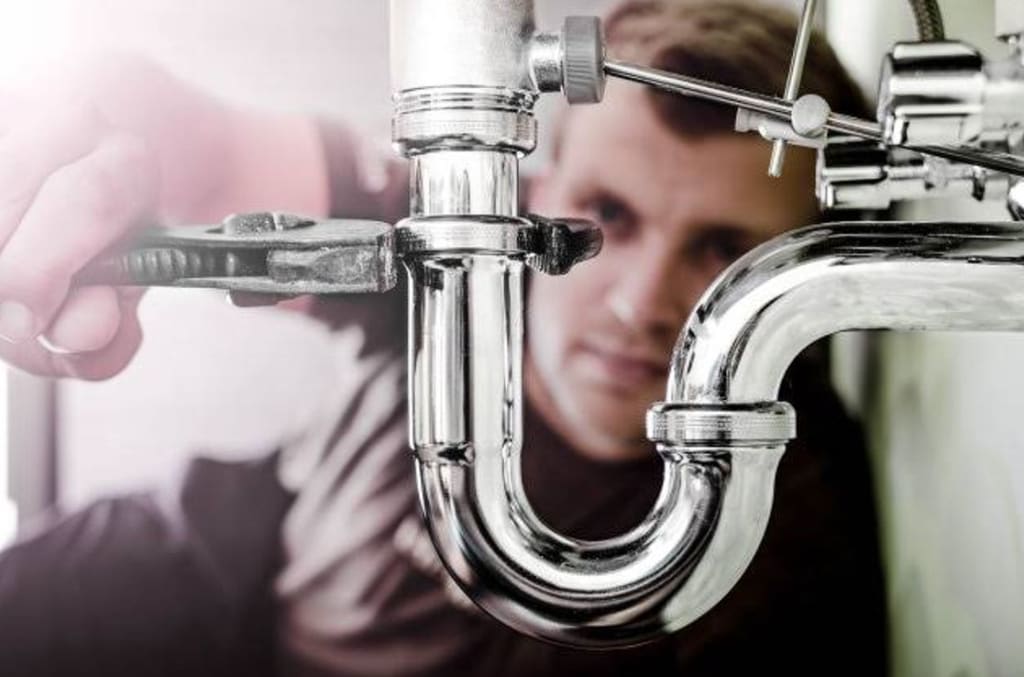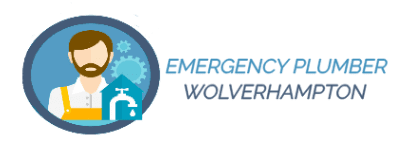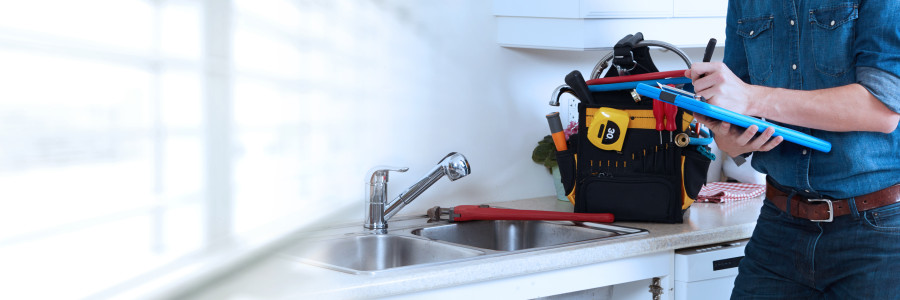Blocked Drains: Causes, Solutions, and Prevention
Blocked drains are a very common problem, and you’ve surely found yourself with clogged pipes or a slow-draining sink, wondering how to fix it.
In reality, in most cases, clogged bathroom drains don’t require professional intervention: anyone with a little experience with small maintenance jobs can understand how to unclog a drain pipe and, more importantly, how to prevent the problem from recurring.
How to Recognize Blocked Drains
Each case can be different, and each type of drain has its own ideal technique for removing blockages.
Follow our suggestions to discover the best methods for unclogging a sink and unblocking clogged pipes. And if you haven’t faced this problem yet, take advantage of our tips for preventing it.
Also remember that, just like your home’s pipes and drains, external drainage systems—sewer pipes, gutters, and downspouts—also require periodic checks, cleaning, and replacement of worn parts.
How to Tell if Your Drain Is Clogged and What to Do
Usually, you’ll notice a blocked drains when the water drains very slowly or even gets stuck in the sink, toilet, or shower tray.
However, you can already tell if your drain is slow and clogged. In this case, try unclogging the drains with a drain cleaner to unblock the pipes and replace them, paying close attention to the instructions and directions for use.
Preventing Blocked Drains
In addition to learning how to unclog a drain, our suggestion is to prevent the problem: simply protect the drains with appropriate grates, use biodegradable detergents, and clean them periodically, including with odor-removing products.
Furthermore, pouring a few tablespoons of baking soda and vinegar cleaner followed by hot water down the drain can dissolve grease from the pipes, keep them clean, and eliminate unpleasant odors.
In some cases, when fittings and drain pipes are quite worn, it’s best to replace them with new polypropylene ones, secure them with the appropriate pliers, and apply polyethylene insulation if necessary.
Clogged Toilet Drain: What to Do
Clogged pipes and a blocked drains toilet are a real inconvenience. If you notice a clogged toilet, don’t flush it more than once to avoid the risk of it leaking out of the bowl. Wear rubber gloves and try to unclog it manually or with a mop: the blockage is often caused by a pile of toilet paper.
If you can’t figure out what’s clogging the toilet drain, drain the water from the bottom and remove the bowl, unscrewing the screws at the base and disengaging the drain pipe. This will allow you to unclog the drain pipe manually. Alternatively, you can use specialized tools: a spring-loaded or pressure-operated drain cleaner.
If the toilet is wall-hung with a wall drain, you won’t be able to remove the bowl; in this case, use a spring-loaded plunger directly.
How to unclog the bidet and shower
To unclog clogged bidet and shower pipes, try a traditional rubber suction cup. Blockages are typically caused by soap scum, hair, and small deposits of limescale, which can be easily removed with a suction cup or compressed air drain cleaner.
A compressed air drain cleaner is best suited for unclogging pipes with more stubborn blockages, while a suction cup requires repeated, continuous action.

Blocked sink drain
How to unclog a kitchen drain? The kitchen sink drain is among the most frequently blocked drains, due to food residue, grease, and detergents. After attempting to remove the blockage with a suction cup or plunger, if the drain remains slow and difficult to drain, the siphon needs to be cleaned.
Many siphons have a hole designed for this purpose: simply open it to remove any debris that has accumulated inside.
If there is no hole, for bottle-shaped siphons, you must unscrew the lower part, where debris and waste collects. For U-shaped siphons, however, you must dismantle the central part of the tube by loosening the two nuts at the ends with the appropriate pliers.
To unclog a severely blocked drains
For example, when the blockage occurs in a deeper part of the pipe, you can also use a spring-loaded plunger, which is also suitable for unclogging a pipe filled with dirt and sand.
Before performing these tasks, always remember to wear protective gloves and place a basin under the siphon. Furthermore, for long-lasting results, we recommend washing it with hot water and a bottle brush or pipe cleaner before reassembling it.
In the kitchen, it’s also important to know how to dissolve grease in drain pipes, which often causes blockages and clogs: as we’ve already mentioned, you can use a specific product for pipes or use natural products, such as baking soda, salt, citric acid, and vinegar.
📞Contact Us
Find the right professional for you with Emergency Plumber Wolverhampton for plumbing issues.
Perhaps, now that you know how to deal with blocked drains, you’re thinking of hiring a professional who specializes in this type of work.
Call 01902933956 now for a quick and professional service in Wolverhampton !
The technicians we collaborate with:

